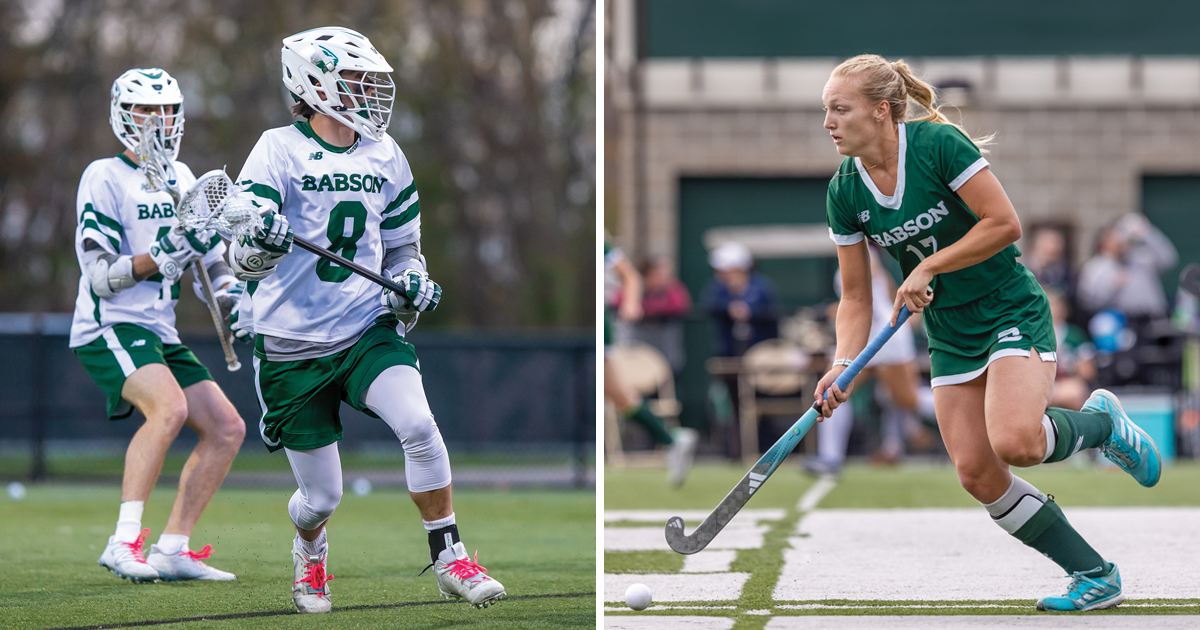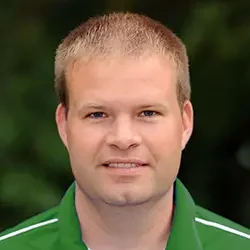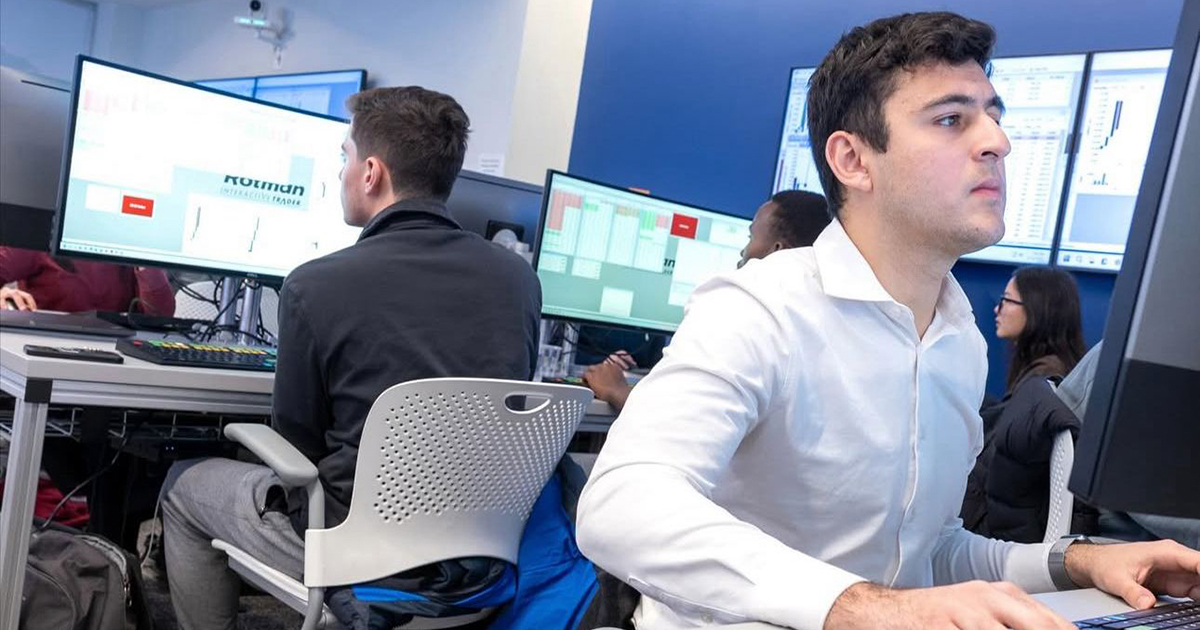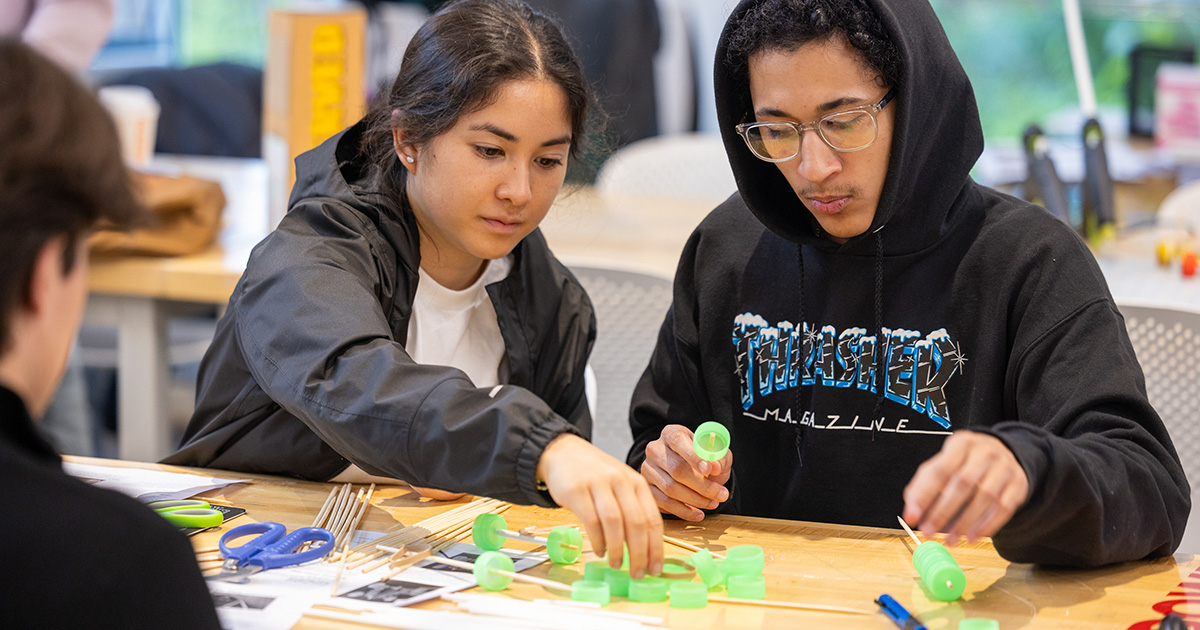Surge of Graduate Transfers Helps Power Athletic Successes

Success in its simplest form is defined as an accomplishment, and Babson Athletics has accomplished much on the field of play, including championships, deep postseason runs, and record-breaking performances.
One recent development helping drive Babson’s successes has been a surge of transfers, particularly graduate students with extra years of athletic eligibility because of the pandemic. This academic year, there are a record 25 graduate transfers competing on 10 Babson teams.
BABSON MAGAZINE: Read the complete Spring 2024 issue.
With three graduate transfers, including two from Division I and one from Division III, the field hockey team returned to the NCAA Final Four in the fall for the first time since 2016 and second time overall.
Jackie Hill MSEL’24 is one of those student-athletes who have continued their athletic and academic careers at Babson. A transfer from Colby College, Hill plays field hockey and softball while pursuing her master’s degree.
“I chose Babson because of entrepreneurship while attending a school close to Boston and competing in both sports,” Hill says. “Field hockey and softball are instrumental in my life, and Babson was my opportunity to experience and excel in both sports one final time.”
“Field hockey and softball are instrumental in my life, and Babson was my opportunity to experience and excel in both sports one final time.”
Jackie Hill MSEL’24
Will Spangenberg MSEL’23 was one of three graduate transfers (among seven total transfers) on the 2023 men’s lacrosse team that won the program’s first NCAA tournament game while advancing to the NCAA Sweet 16. After earning his undergraduate degree from Division I Holy Cross, Spangenberg continued his playing career at Babson, where his father, Tom Spangenberg ’83, played lacrosse four years.
“The real value for our transfer group was the added diversity of perspective we brought from other programs,” Spangenberg says. “Sharing our experiences helped our team grow and understand where we were on track and where we needed extra work from an achievement and cultural standpoint.”
For the first fall season in school history, the field hockey, women’s volleyball, and both soccer teams all qualified for their respective NCAA tournaments. Women’s volleyball and men’s soccer had at least one Division I transfer on their teams, while women’s soccer had three the previous year, when they went 14-4-1.
“The perception of D3 athletics has changed for many D1 athletes,” Hill says. “D3 can be just as competitive and goal oriented as D1. D1 players who seek a well-rounded collegiate experience look at Babson and appreciate the work we do here.”
“From my perspective, there’s a palpable shift in priorities at a Division III school like Babson,” Spangenberg says. “The balance between athletics, academics, and personal growth is more evenly distributed. This doesn’t mean the competition is less fierce or the dedication less serious, but there’s a broader perspective embraced.
“This holistic approach fosters a different kind of appreciation for the sport that values the lessons learned through athletics—such as teamwork, resilience, and time management—and how they apply beyond the field.”
Posted in Community




